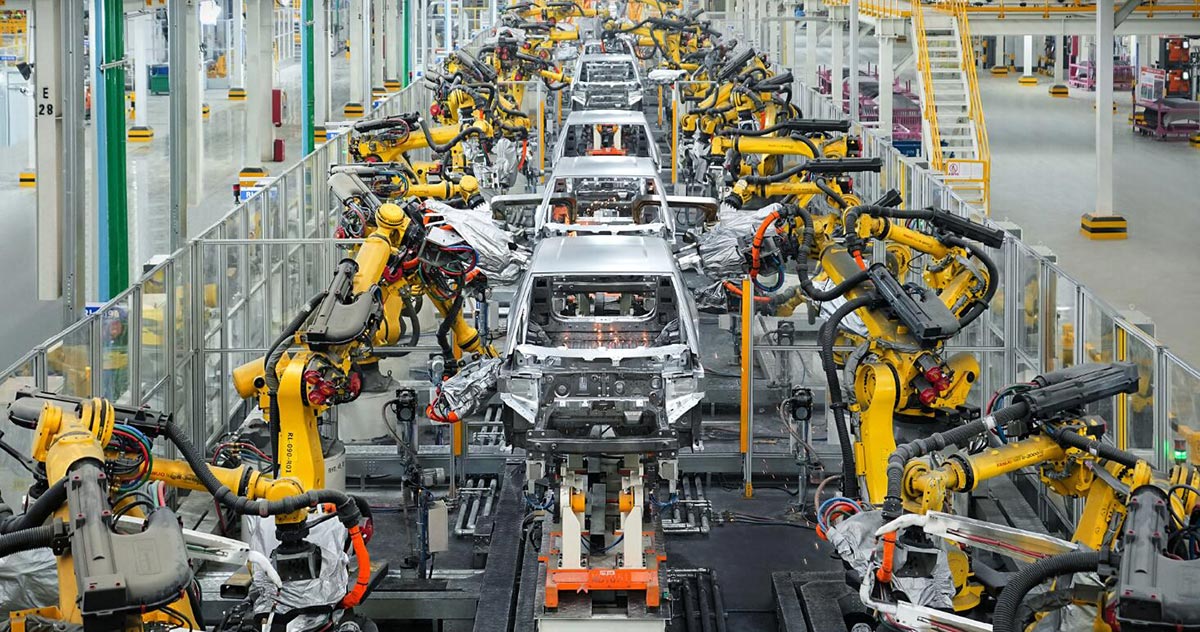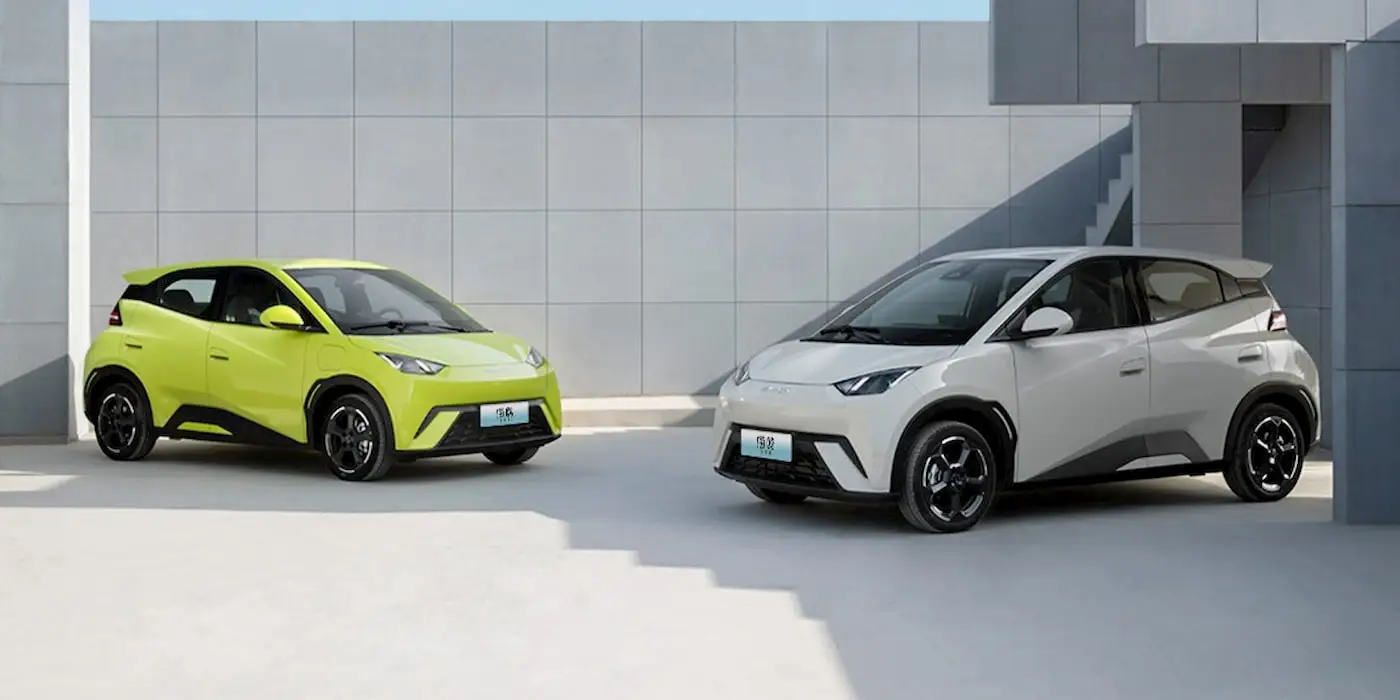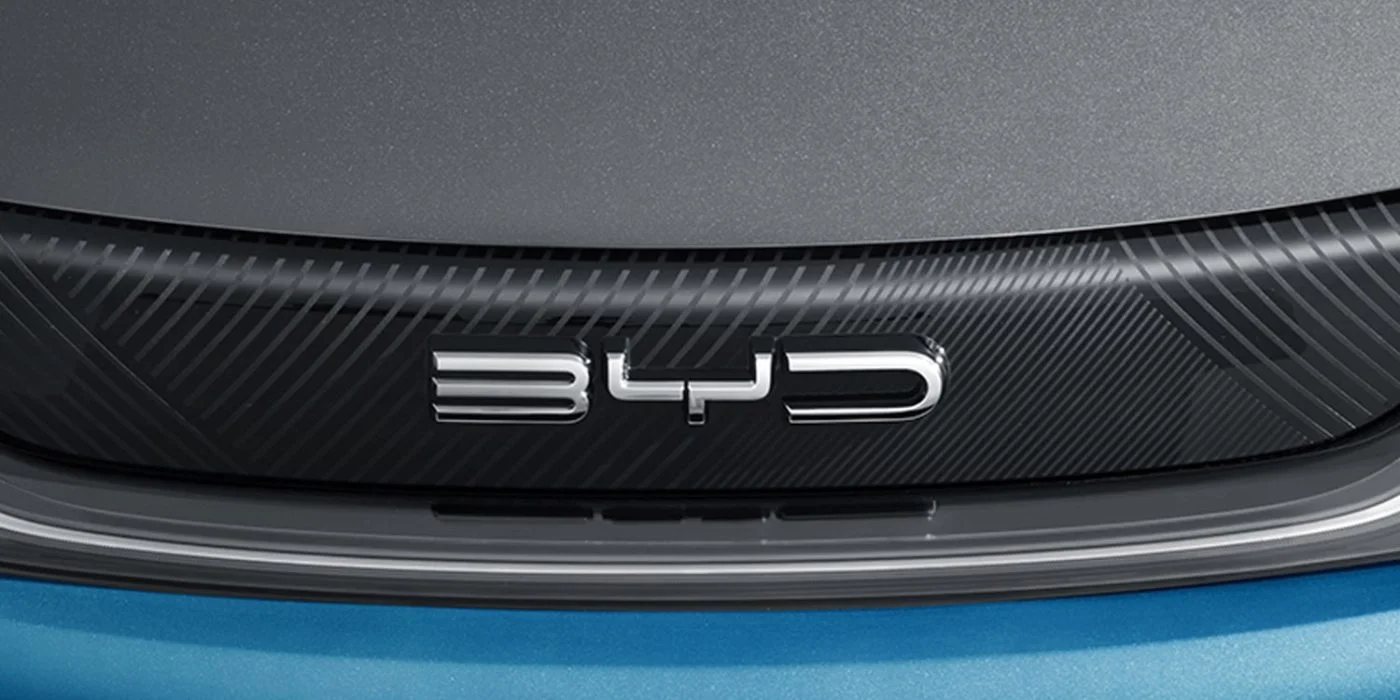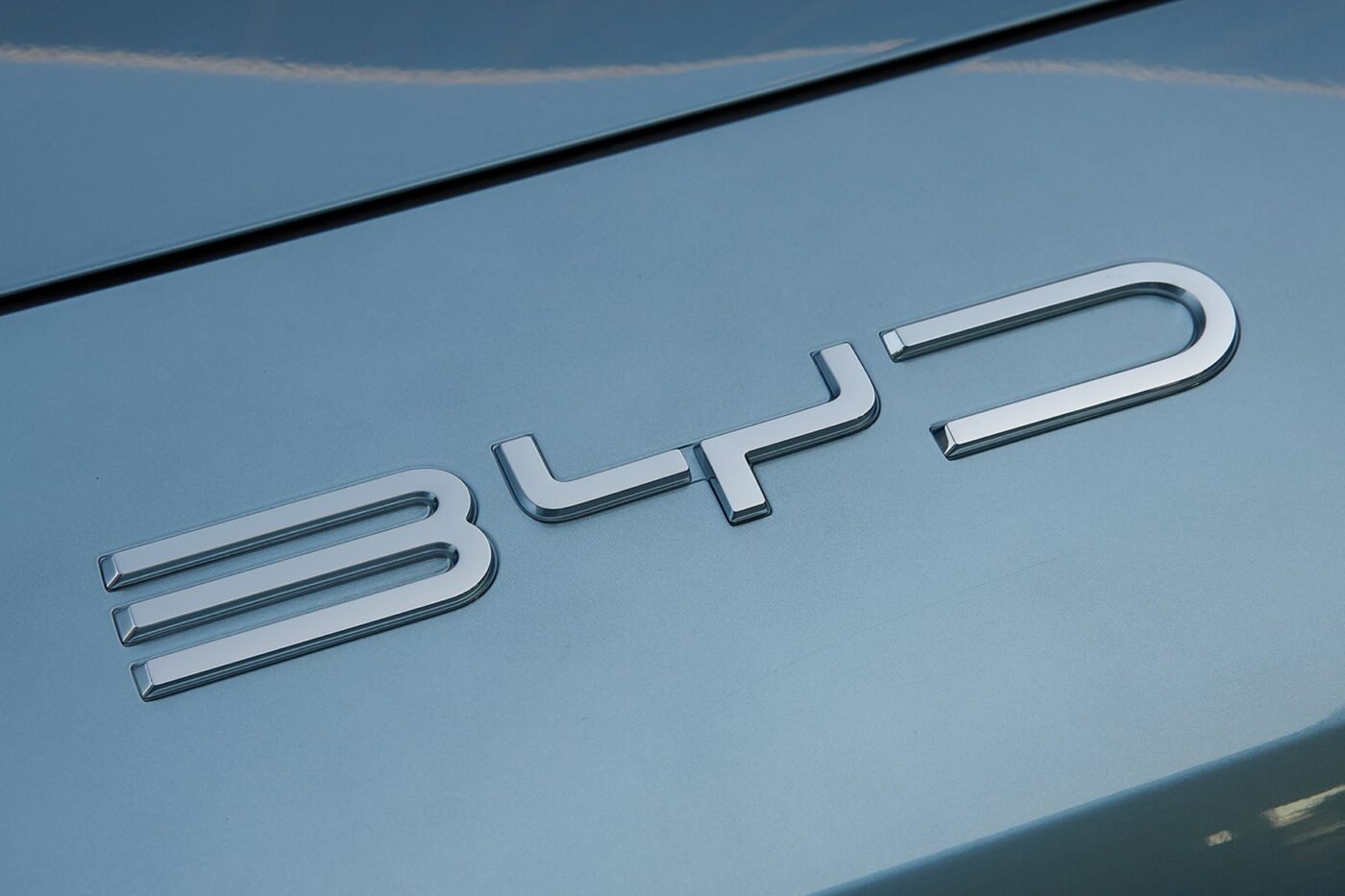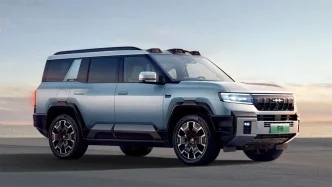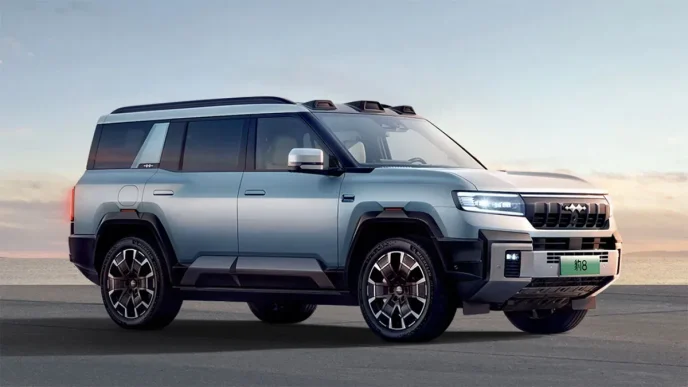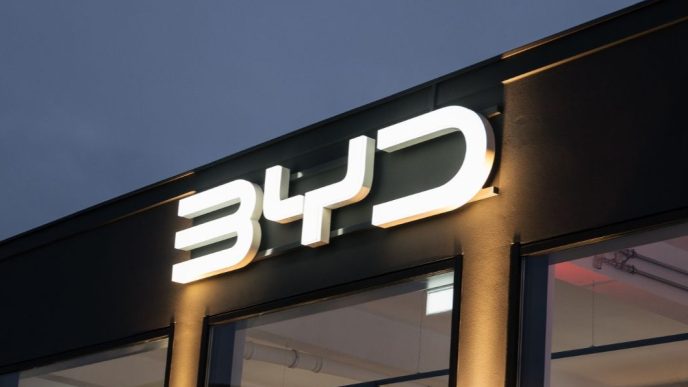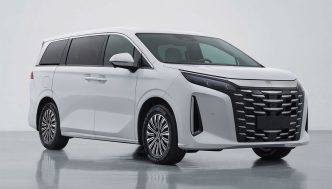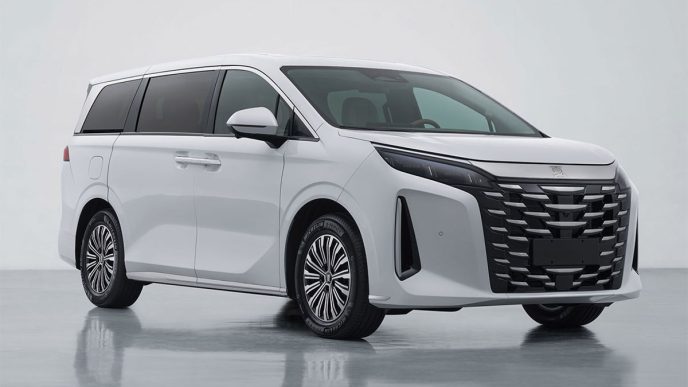BYD, the Chinese automaker, is eager to establish manufacturing operations in India but has not received any “direct” signals from New Delhi regarding a potential easing of stringent investment regulations for Chinese companies.
Rajeev Chauhan, head of BYD’s passenger electric vehicle (EV) business in India, expressed the company’s ambitions during an interview, stating that while the desire to expand remains strong, “you need a lot of other things. (We) don’t have any direct signal.”
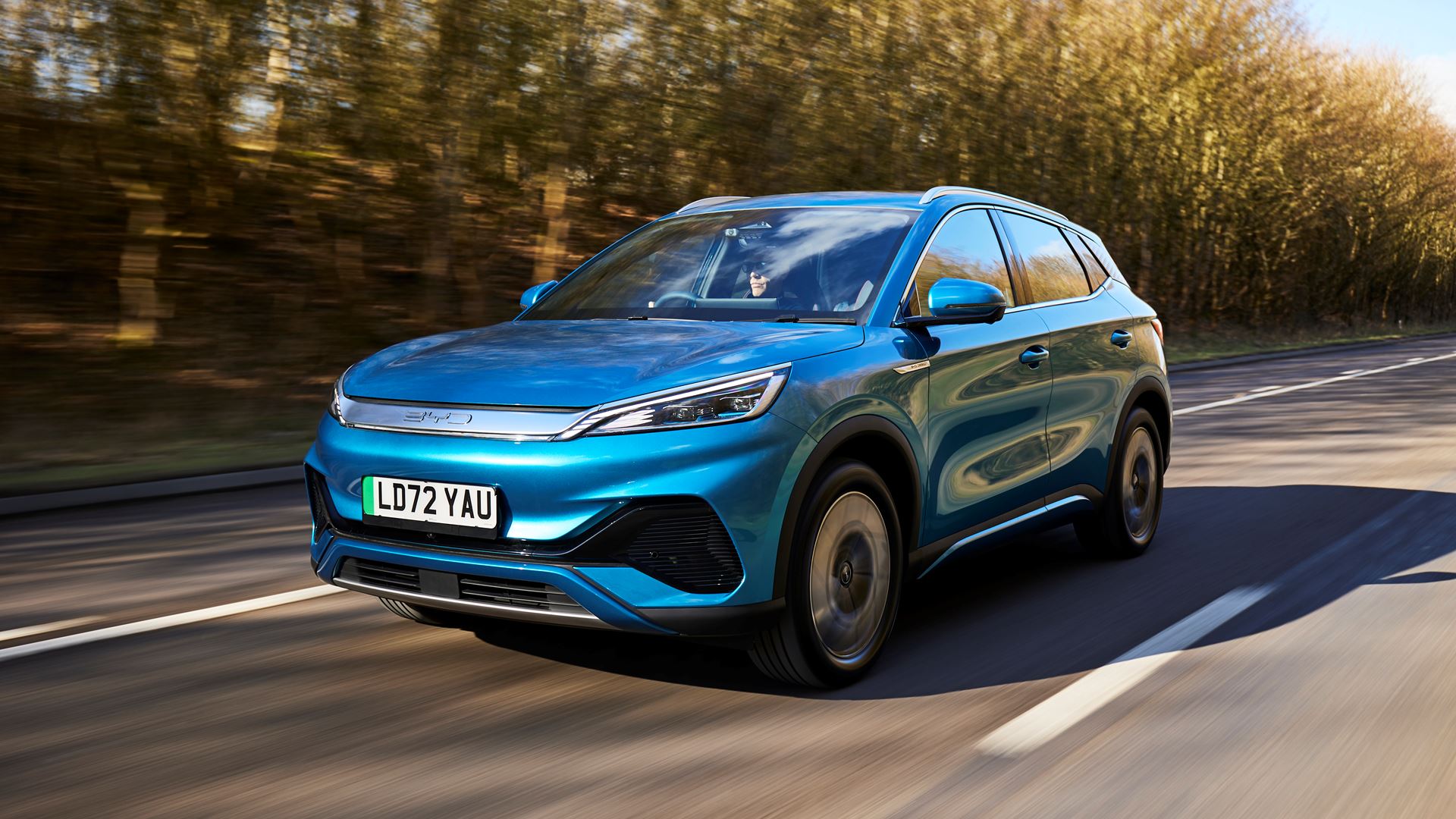
The company, in partnership with a local firm, submitted a $1 billion investment proposal last year to build electric vehicles in India. However, the Indian government has yet to approve the plan amid heightened scrutiny of Chinese investments following a border clash between India and China in 2020.
Chauhan mentioned, “We do hope things will become a little better. That is the time we would definitely like to think a little more on this subject,” referring to their plans for local car production.
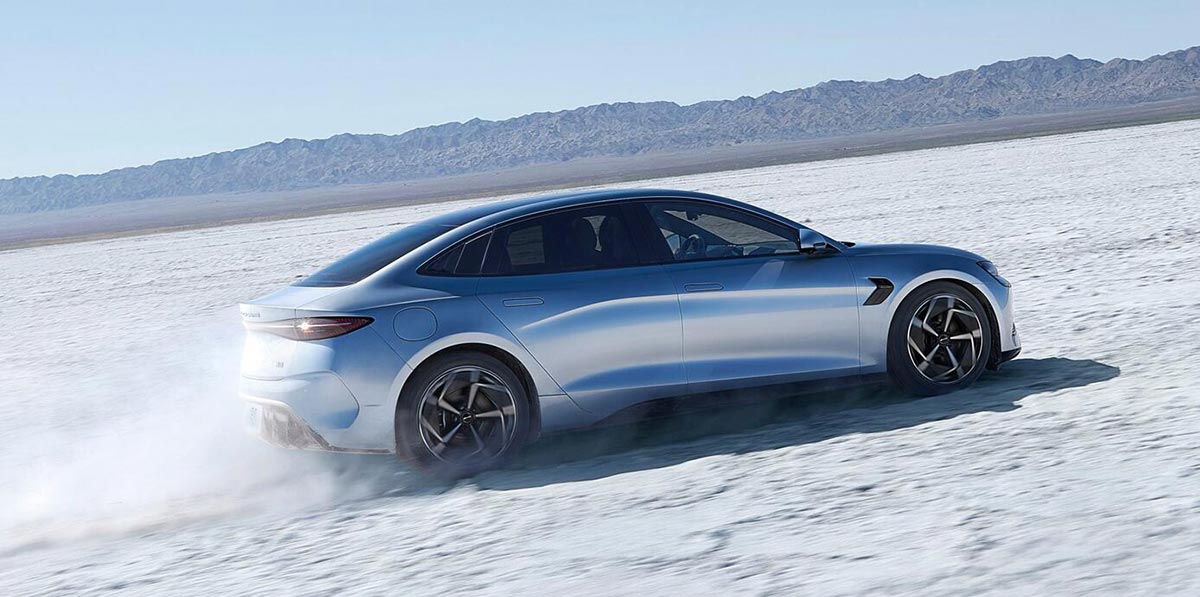
The increased oversight of Chinese businesses has already impacted BYD’s competitor, Great Wall Motor, which recently shelved its own $1 billion investment plans in India, the world’s third-largest car market.
Currently, BYD is a minor player in India, having invested approximately $200 million and focusing primarily on selling imported EVs such as the Atto 3 SUV and Seal sedan. The ability to manufacture cars locally would enable BYD to offer competitively priced EVs in India.
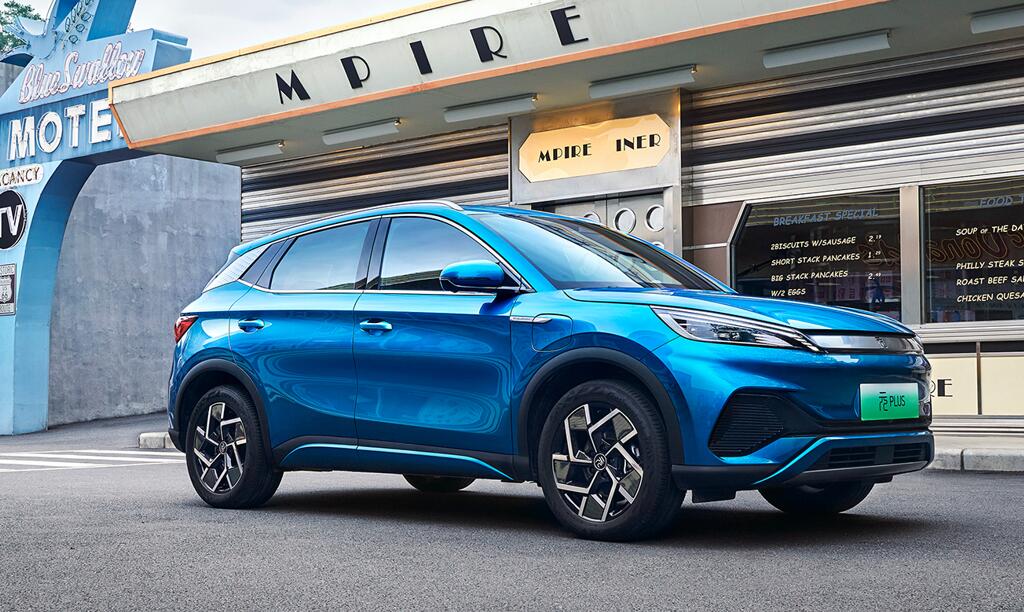
In the meantime, BYD is targeting affluent Indian consumers with its imported premium EVs. Chauhan indicated that the company aims to carve out a niche in the $24,000-$60,000 price range, an area with relatively low competition. “There are a lot of players in the mass segment and quite a few players in the luxury segment. The premium segment, that’s where we are trying to reach and position. This is a space where we feel we belong, our cars belong,” he said.
On Tuesday, BYD introduced a new seven-seater family vehicle, the eMax 7, priced between $32,000 and $35,500, offering a range of 420-530 kilometers (261-329 miles) on a single charge.
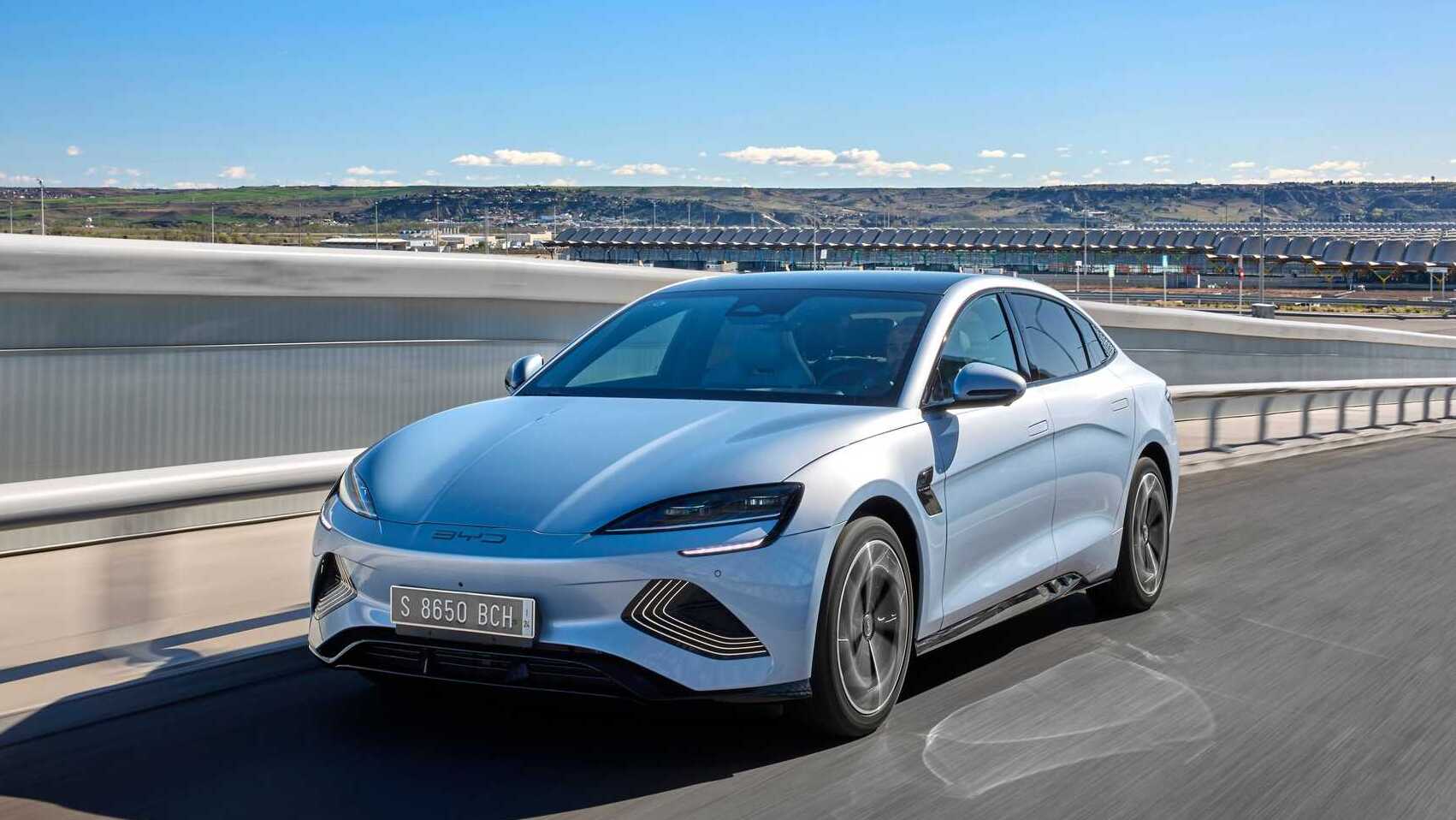
According to government data, BYD sold approximately 2,300 cars in India in 2023, and Chauhan is optimistic about surpassing that figure this year, having already sold over 1,900 EVs in the first nine months of 2024.
India’s EV market, currently dominated by local manufacturer Tata Motors, has a market share of around 70%. While still relatively small, the market is on an upward trajectory, with electric vehicles accounting for approximately 2% of the 4.2 million cars sold in India last year. The Indian government has set an ambitious goal to increase this figure to 30% by 2030.
Source: Reuters

